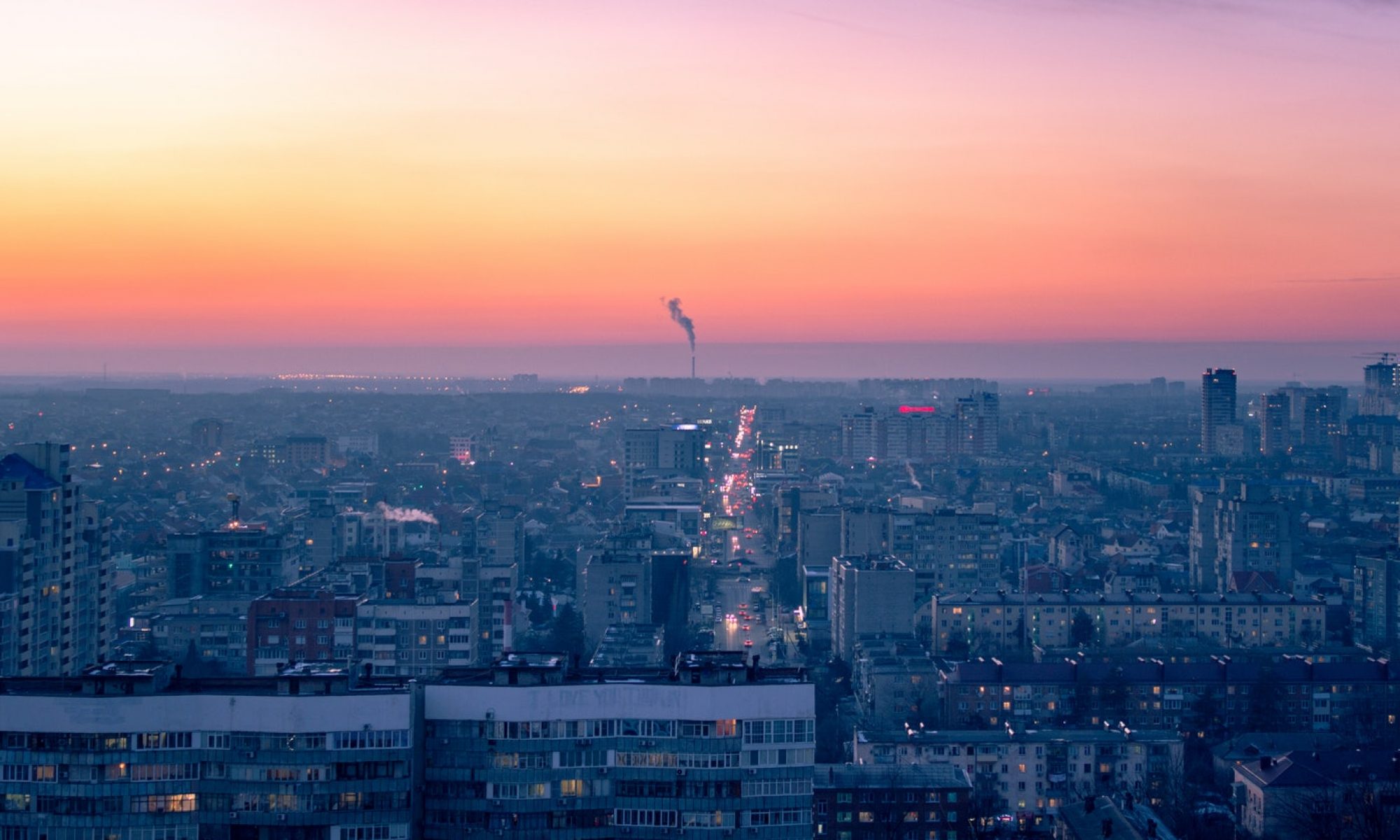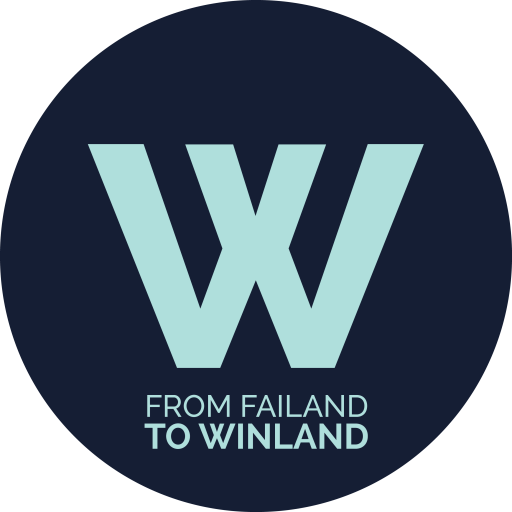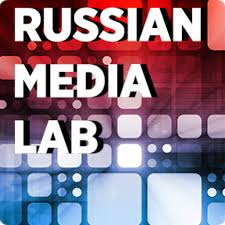From 24 to 26 of October Aleksanteri Institute organised the 18th Annual Aleksanteri Conference. This year’s theme was “Liberation – Freedom– Democracy? 1918–1968–2018”. Several members of our team participated in the conference.
Sakari Höysniemi chaired the panel “FRRESH (Finnish-Russian Network in Russian and Eurasian Studies) Perspectives to Russia and Beyond” on Thursday, 25th of October and Sohvi Kangasluoma chaired the panel “Peace Movement and the Third World” on Friday, 26th of October.
Dmitry Yagodin was a discussant and a chair at the panel “Russian Media Lab IV: Internet Regulation, Online Censorship and Resistance” on Thursday, 25th of October. He also presented a paper “Climate change coverage in the Russian national and local media” at “Russian Media Lab V: Media framing and Conflict” panel same day.
While other presenters of the panel spoke about issues widely discussed in Russian media like Telegram messenger or the Ukranian conflict, Dmitry was talking, in his own words, about an issue that is unfortunately not on the agenda in Russia – climate change. He presented his ongoing research on the media coverage of the Anthrax outbreak in YNAO in 2016. Climate change as the cause of the accident was not as interesting for the press in the region as one could imagine – a sign of Russian climate skepticism. However, several months after the outbreak there was a scientific conference on climate change organised in Yamal. Yet, the purpose of it, according to Doctor Yagodin, was not to raise the awareness about climate change, but rather to transfer the responsibility for the casualties among the reindeer population and one child’s death to something that was out of control of the officials and scientists – record high hot temperatures and permafrost and peat thawing.
Stephanie Hitztaler, another postdoctoral researcher of our team, presented her work that she does in the frameworks of Arctic PIRE project – “A fossil fuel empire and the recasting of people and place in the Russian Arctic” at the panel Regional Issues in Russia on Friday, 26th.
Stephanie was talking also about Yamal region, calling it a place of massive industrialization. Doctor Hitztaler presented mega projects of Gazprom and Gazprom Neft companies, that are parastatal. However, their decisions are not solely motivated by politics, they have also strategic agenda. Stephanie showed the “Rodnye goroda” project agenda and pictures of the street art of “Festival Stenograffia», that creates murals in this area – a pretty way to brighten up and change the community. With this kind of projects Gazprom and Gazprom Neft are really trying to make the case of empowering people to make a change in their communities. At the same time, the actual landscape is getting a rapid transformation because of Gazprom Neft (for example, shrub dominated vegetation transformed into grass dominated) but this art as in “Stenograffia” festival gives a sense of stability, it doesn’t change over time.
The presentations of both Dmitry and Stephanie showcased different issues in the same region and inspired the audience to think about the Arctic region and the change it is undergoing now.
More information on the conference can be read on the event’s webpage.








